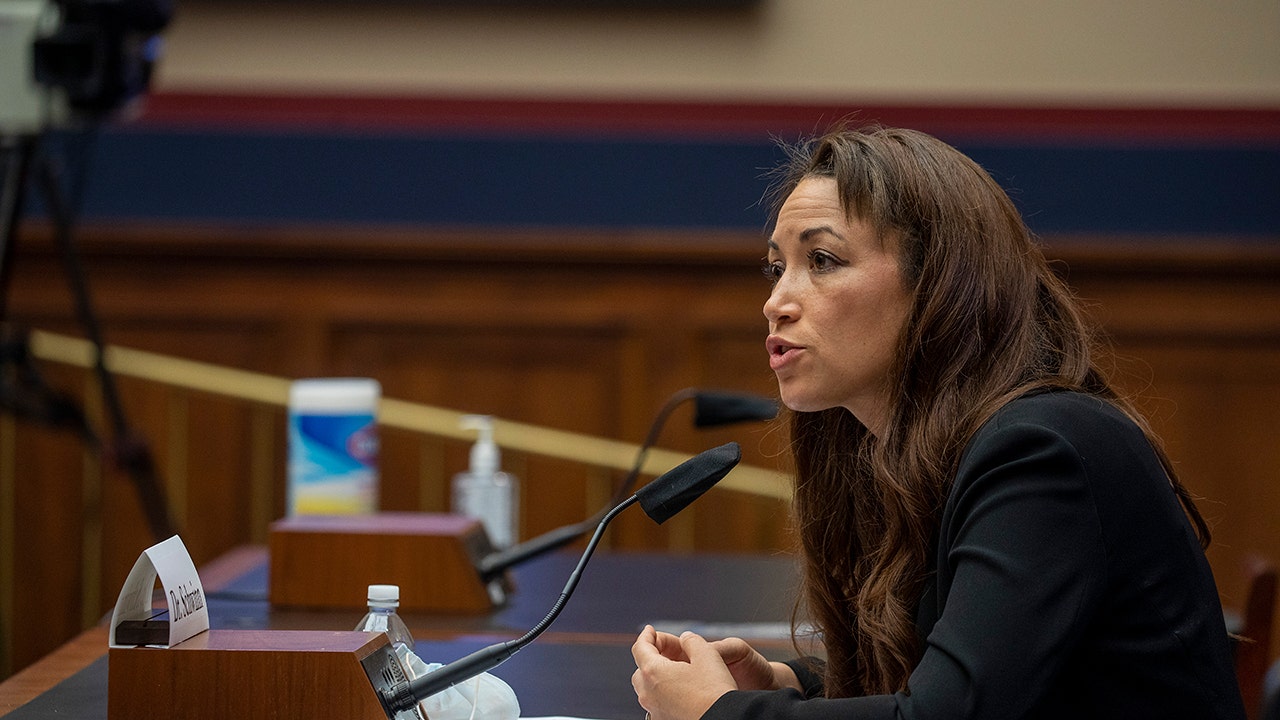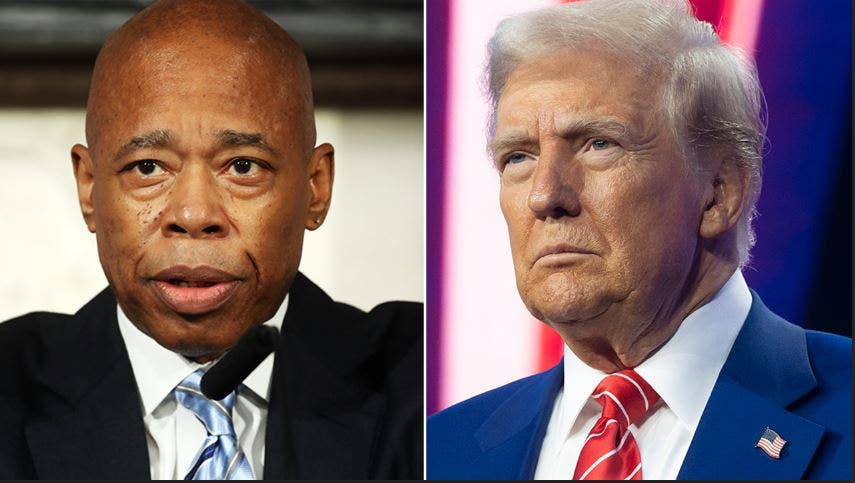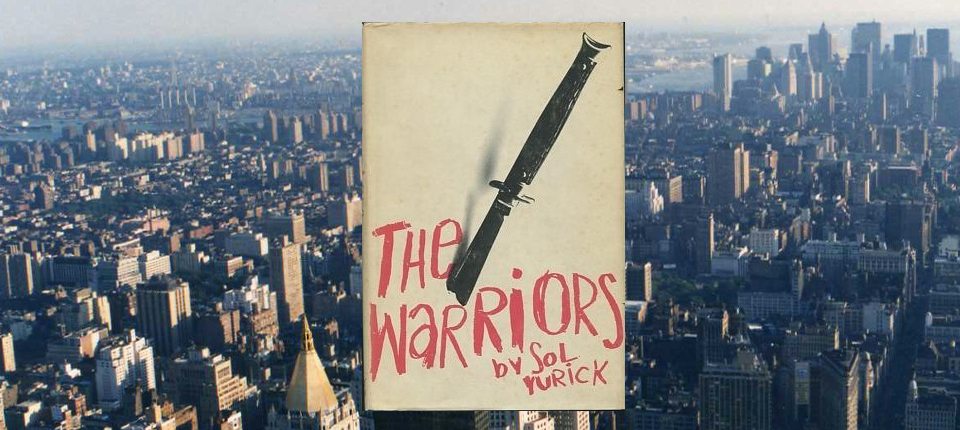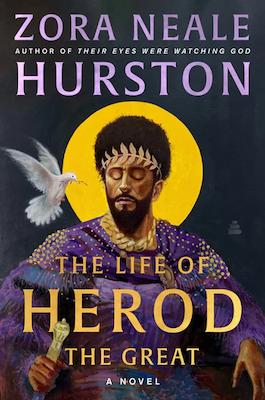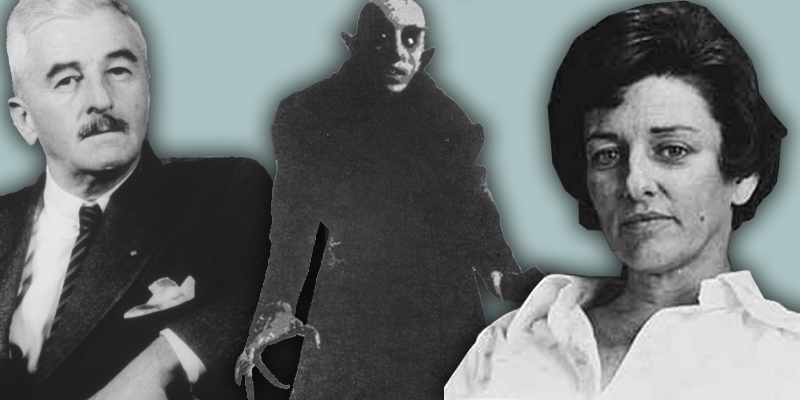In Megalopolis, Francis Ford Coppola’s polarizing box office flop, a futuristic development is the wild utopic imagining of Adam Driver’s protagonist Cesar Catilina, a controversial urbanist who’s invented a newfangled building material called Megalon. To conjure the film’s striking biomorphic cityscape, the director worked with Neri Oxman, a lauded 48-year-old Israeli-American interdisciplinary designer known for her practice in “material ecology.”
Oxman, whose work has been exhibited at MoMA and the Centre Pompidou and who previously collaborated with Bjork on a 3D-printed mask that externalized the singer’s musculoskeletal system during a performance, says on her website that she drew inspiration for the film’s utopian citycape from Manhattan’s pre-colonial pastoral past: “Hills are the remains of skyscrapers and valleys follow the streets of the city grid.” In Coppola’s movie, the alternative-dimension municipality has been renamed New Rome.

Francis Ford Coppola and Neri Oxman at the ‘Megalopolis’ premiere in New York City.
Dominik Bindl/WireImage
Oxman, who didn’t respond to The Hollywood Reporter‘s request to discuss her work on the film, posed with Coppola on the New York City red carpet of the Sept. 23 Megalopolis premiere. (Years ago, paparazzi had staked her out after the noted architecture aficionado Brad Pitt came to visit her lab while she was a tenured professor at MIT; the photographers thought they might be dating.) She also has a brief yet pivotal role in the film as a physician. “Most of Dr. Shira and the science behind the Megalon left on the cutting room floor,” her husband, billionaire activist investor Bill Ackman, wrote on social media afterward.
Ackman, a prominent critic of DEI initiatives and self-styled Big Ideas man, is himself an outsized figure right out of Coppola’s New Rome. His advocacy campaign to remove Harvard’s then-president over plagiarism allegations ricocheted this year to Oxman apologizing for citation errors in her own PhD dissertation. Earlier, Oxman’s trouble over accepting a donation to her MIT lab from the sex trafficker Jeffrey Epstein was prolonged when Ackman’s private effort to hush up her academic boss on the subject became public.
While it’s unclear when Coppola engaged Oxman on the project, the recent brushes she and her husband had with scandal are unlikely to have bothered the director — perhaps the opposite. He made it clear in the run-up to the Megalopolis release that he purposely chose to work with people on this project who’d been, to his mind, “canceled,” noting, “What I didn’t want to happen is that we’re deemed some woke Hollywood production.”

